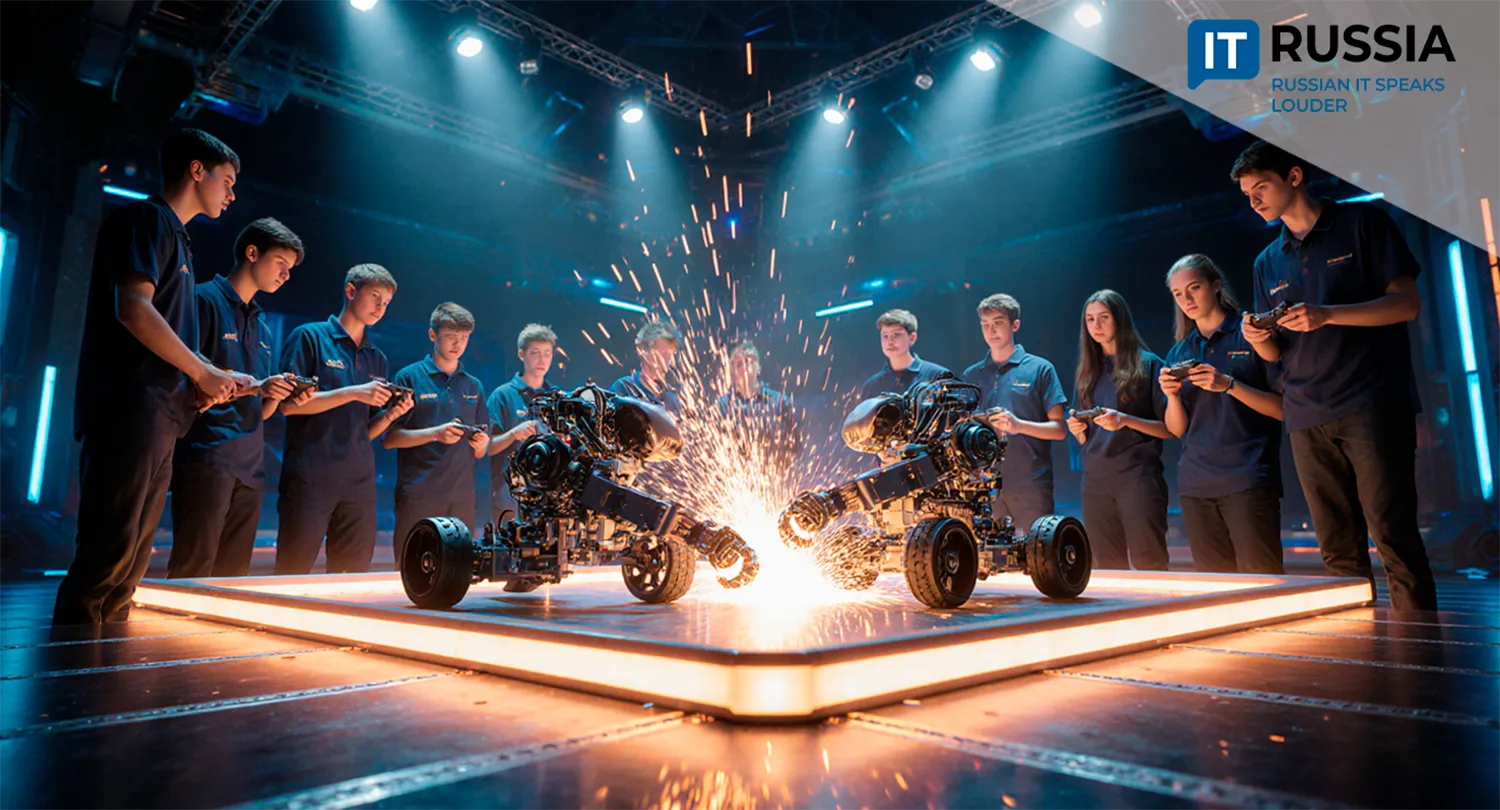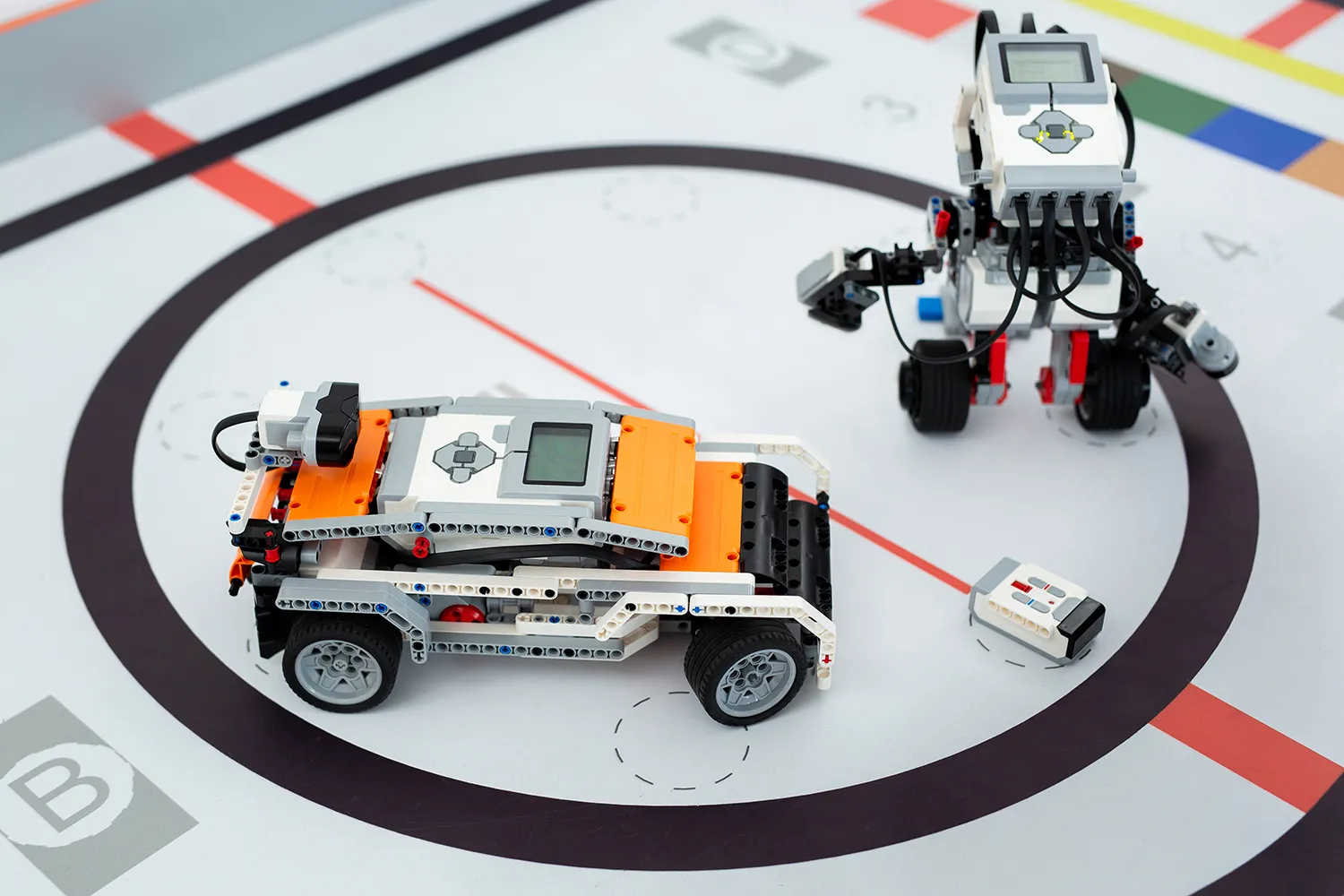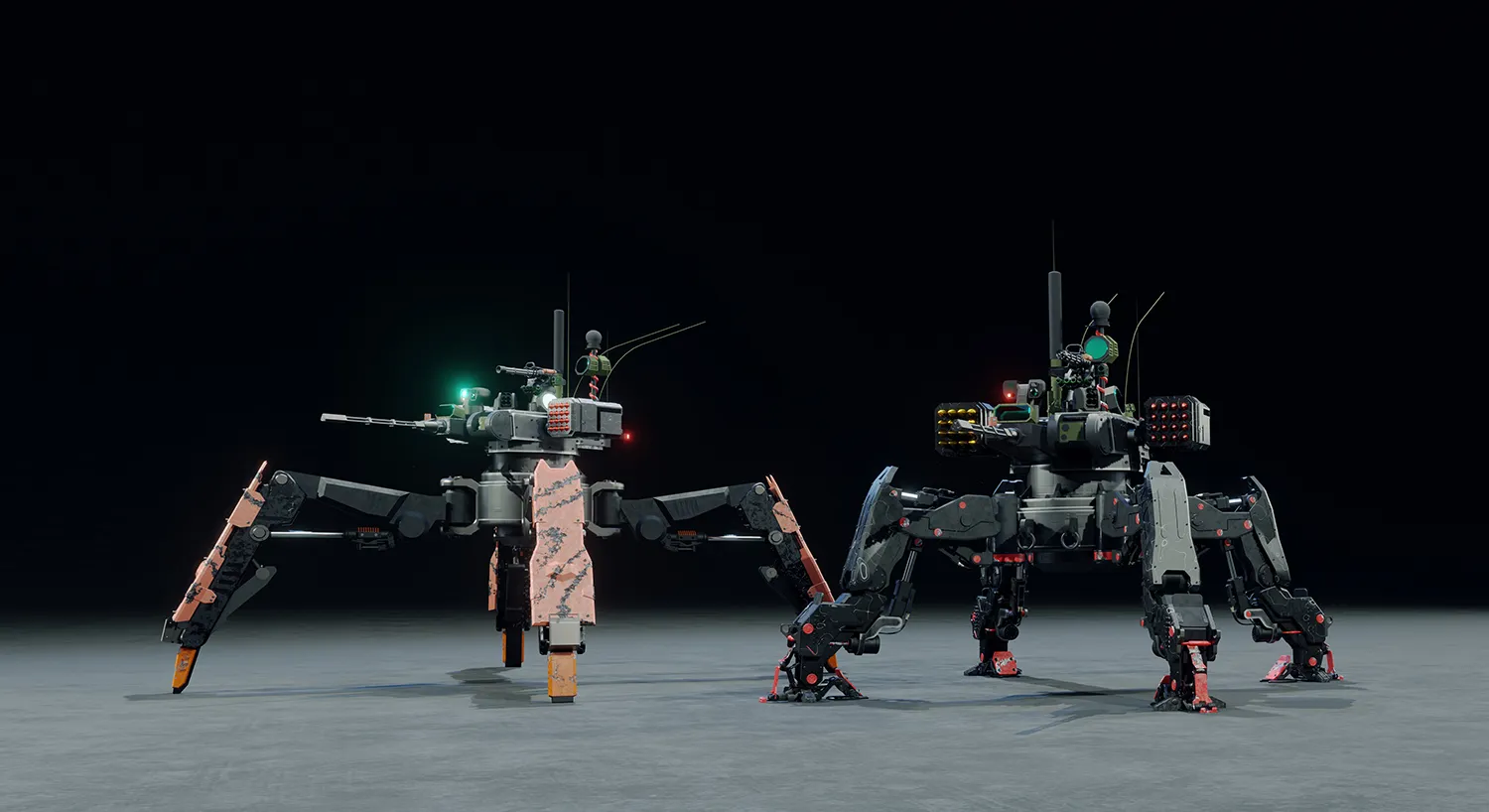Novosibirsk Tightens the Screws

Registration is now open for one of Russia’s most dynamic technology showcases — the national mini-robot engineering battles.
Big Battles of Small Robots – 2024
Last year’s competitions, held as part of the 11th International Technological Development Forum 'Technoprom-2024,' brought together teams from Moscow, St. Petersburg, and Novosibirsk. The event drew over 20,000 participants, nearly 150 delegates from 35 countries, 580 speakers, and 202 sessions.
The contests involved designing, building, and operating robots weighing up to 1.5 kilograms on a 2.5 × 2.5 meter arena. For the education sector, events like this carry enormous significance. They play a vital role in preparing future engineers, helping them hone skills such as design, coding, teamwork, and critical engineering thinking.
These competitions also inspire school students to pursue STEM education, making science and technology tangible and exciting. Anatoly Bataev, Rector of Novosibirsk State Technical University (NSTU NETI), emphasized that robot battles are far more than entertainment: “For a university, calling it a toy is not enough. We are training engineers. It is important that as many people as possible pass through this technology. There are many engineering solutions here that are needed in other industries.”

Expanding Horizons
In 2025, as part of 'Technoprom-2025,' Novosibirsk State Technical University NETI will once again host mini-robot battles with 1.5 kilogram robots. Residents of the Siberian Federal District, along with participants from other regions, will compete for the championship title.
The outlook is promising: forecasts suggest that such formats will soon be integrated into educational standards and receive state support under national programs for science and technology development. This would create a sustainable system for training highly skilled specialists for advanced industries.

Another development direction involves establishing school and regional leagues that could become part of a nationwide engineering olympiad. This model is already proving successful within World Robot Olympiad Russia, where students compete in robot design and programming. Such initiatives foster not only technical expertise but also teamwork, innovation, and a healthy competitive spirit.
To further support technical creativity, partnerships with businesses and sponsors are being formed. The Agency for Strategic Initiatives (ASI) funds labs, clubs, and student projects to strengthen regional robotics centers. International competitions such as WorldSkills Russia also enhance the country’s role in global engineering education, providing opportunities for international recognition.
More Than Just Entertainment
These initiatives are already proving their worth as powerful tools for promoting technical careers. In 2024, the Open Cup of Siberia for mini-robot battles, held within 'Technoprom,' brought together 17 teams from seven cities. The goal was simple: remotely controlled robots had to neutralize their opponents using any tactics permitted by tournament rules.

Federal projects like 'Engineering Vacations' and 'RoboFest' attract thousands of students every year, immersing them in technology and programming. Competition coordinator Yulia Vanag described the friendly and collaborative atmosphere: “Repairing the robots required not just skill but also ingenuity and the guidance of experienced engineers. While quarterfinalists and beyond prepared for their matches, those who didn’t make the semifinals staged fun battles involving two, three, or even five robots at once.”
The global experience confirms the effectiveness of such formats. For example, the World Robot Olympiad, held across dozens of countries, shows that robot battles significantly improve young people’s practical competencies. By staging engineering battles at 'Technoprom,' Russia is not just putting on a show but creating a living laboratory where theory meets practice and students apply knowledge in near-industrial conditions. Such events are becoming catalysts for reform in engineering education, making it more flexible, technology-driven, and future-oriented.










































